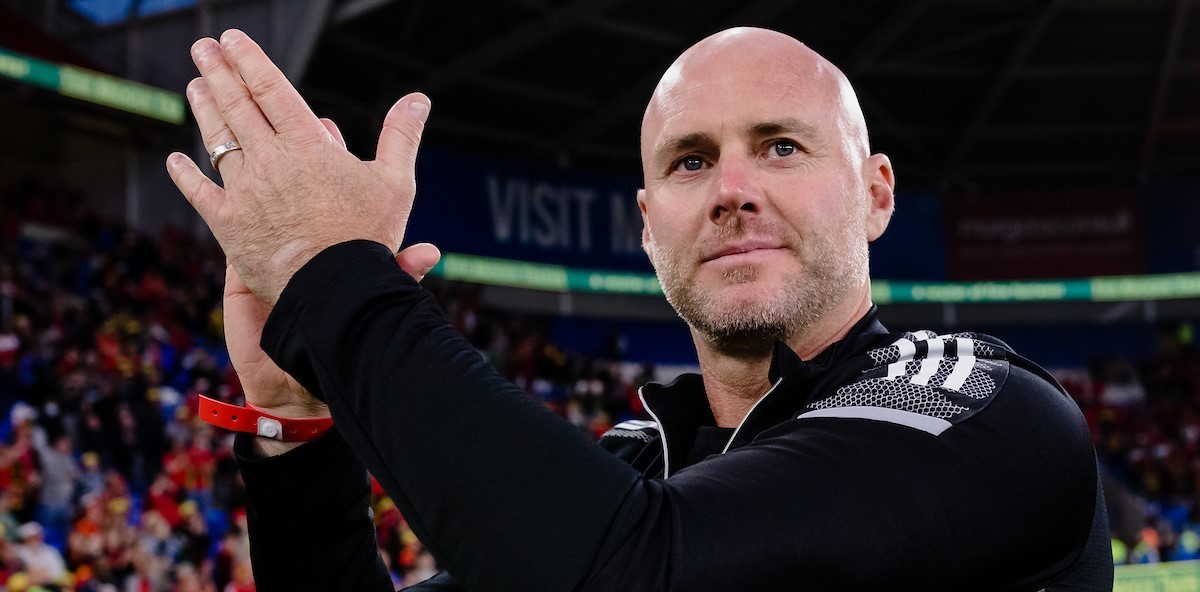The roles of Bale and Ramsey, up and coming talent and backroom pedigree are on fans’ minds
AS the dust settles on Wales’ exit out of what many hoped would be the World Cup of a lifetime, eyes are already eagerly turning to the next campaign.
The Red Wall are booking their flights to Split, ordering their factor-50 for whichever Turkish city plays host and doing the maths on whether their annual leave will quite stretch to trips to Latvia and Armenia.
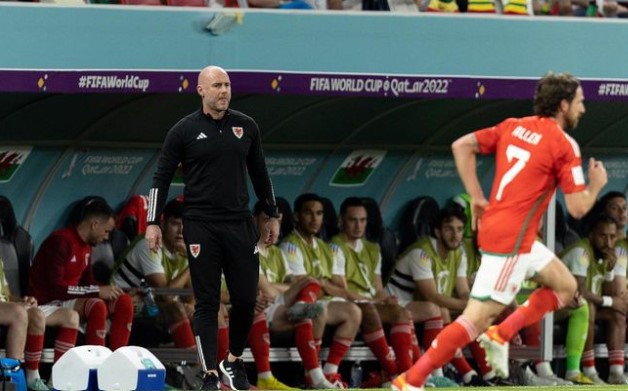
Instagram: @fawales
Like the fans, the players will want to put the disappointment of Qatar behind them and look ahead to the EURO 2024 qualifiers in March.
No doubt a post-mortem will be taking place with lessons to be learned from what went wrong.
Here are three questions Rob Page must find an answer to if Cymru are to hit the ground running in Croatia:
Bale and Ramsey: stick or twist?
It was plain to see that Gareth Bale and Aaron Ramsey were shadows of the players that we are so used to seeing.
Struggles with fitness and game-time have been well documented and a big part of Wales’ underperformance was down to the pair not being at the races.
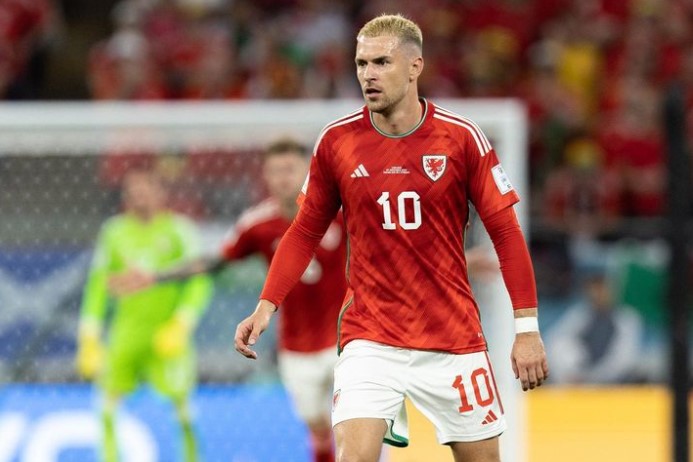
Instagram: @fawales
Bale had only seven touches in the first half against England and was hooked at half-time, while Ramsey was the worst player on the pitch against Iran, according to WalesOnline.
He gave the ball away more than anyone else and failed to make any tackles or interceptions, underlining to Page why he is not an effective deep-lying centre-midfielder.

There is no doubt that both are still capable of producing big moments, as Bale showed against the USA and in qualifying, as well as for LA FC in the Major League Soccer Cup.
But it seems that the days where both could consistently dominate and almost win matches on their own for Wales are over.
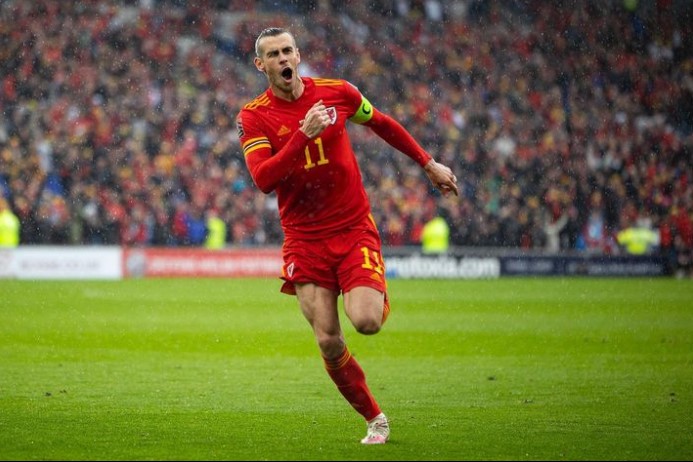
Instagram: @fawales
At 33 and 32 by the time of the next Welsh camp, they will not be spring chickens – but that does not mean retirement beckons either.
Ramsey, the younger of the two, should still have a couple of years left in him in the 10 role, if he can find regular fitness.
While Bale, although no longer capable of regular lung-busting drives down the wing, can equally continue to serve as the nation’s talisman in a more central role.
Neither has any intention of hanging up their boots either.
Bale, Wales’ most-capped player, told BBC Sport: “I’ll keep going as long as I can and as long as I’m wanted”, while Ramsey signed off a reflective Instagram post “until next time”.
How Rob Page handles this situation could be his biggest test yet as Wales boss.
Does he continue to stick with both regardless of form or fitness, knowing that it could be detrimental to the team?
Or does he take a leaf out of the John Toshack and Brian Flynn playbook and begin to phase experience out in favour of youth, starting qualification afresh?
The answer likely lies somewhere in-between, which brings us on to the next question.
Who are the next generation of stars?
By the time of the next Euros, the remaining spine of the golden generation of 2016 to 2022 will be well on their way to a life of golf and punditry.
Bale and Joe Allen will be 34, Ramsey, 33, and Wayne Hennessey, 37.
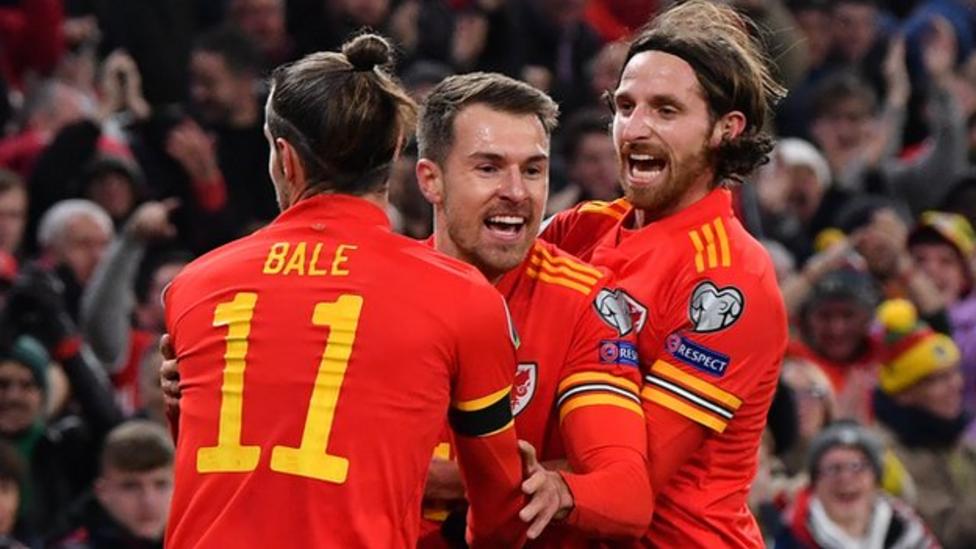
Credit: BBC
Blooding in some youngsters over the next 18 months could be crucial to the squad’s chances in Germany, should they get there.
Several candidates are knocking on the door of the first team, all of whom were included either in the World Cup squad or subsequent standby lists.
Luke Harris, 17
The Jersey-born attacking midfielder has been on fire for Fulham in Premier League Two, scoring six goals in five games in the reserve league. He has been linked with a £30 million move to Chelsea.
Despite only making three senior appearances so far for Fulham, he was included in the original standby list before pulling out through injury.
He was also called up to the squad for September’s Nations League fixtures against Belgium and Poland, with Rob Page keen to integrate him into the squad.
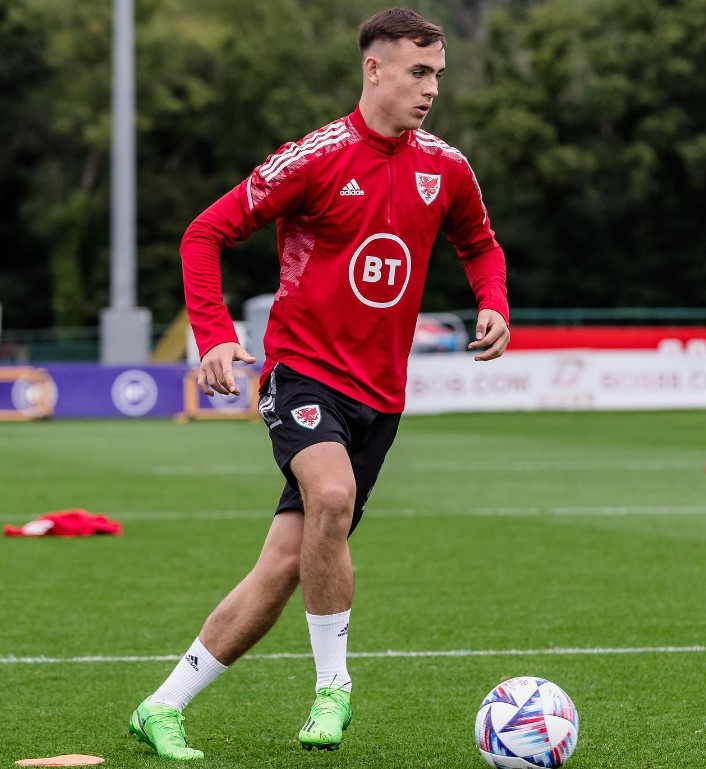
Instagram: @fawales
Rubin Colwill, 20
The Cardiff City man seems a part of the furniture at international level, regularly appearing in squads since Euro 2020 and already bagging his first goal for his country.
It is at club level where he has struggled for regular minutes.
A combination of injuries and lack of trust from Steve Morison had seen his progress stunted since he broke into the Bluebirds’ side under Mick McCarthy.
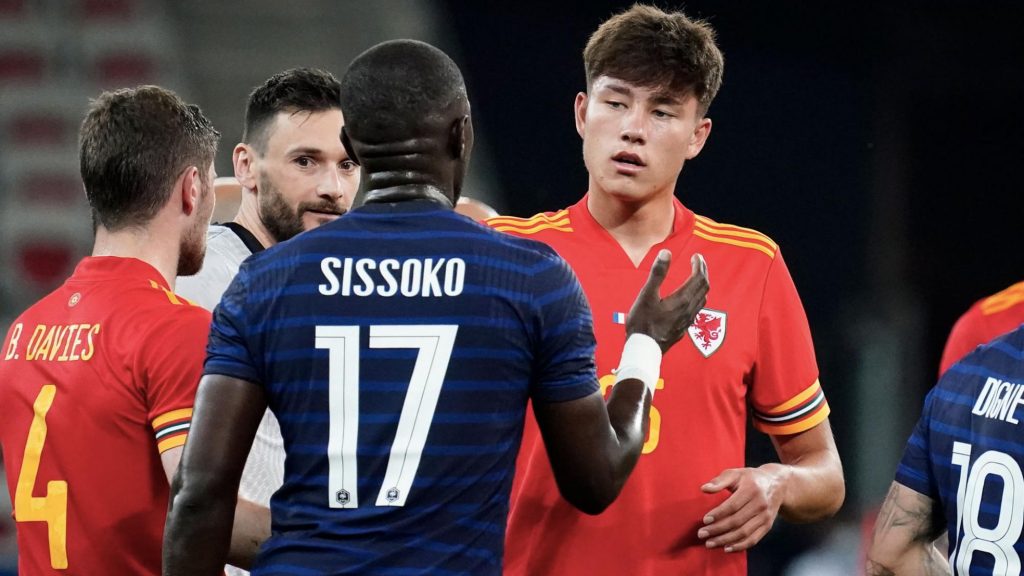
Credit: Cardiff City FC
Morison’s replacement Mark Hudson, the former Cardiff skipper, is reportedly a fan of Colwill, describing him as a player who “excites us and excites the fans”.
Regular fitness and game-time should see him start to fulfil his potential and deliver more regularly the flashes of brilliance he has already shown wherever he plays across the front three.
Ollie Cooper, 22
The most controversial omission from the 26-man squad was the Swansea attacking midfielder.
He has been instrumental in the Swans’ play-off charge so far, contributing three goals and one assist in 17 games, including one in the South Wales Derby.
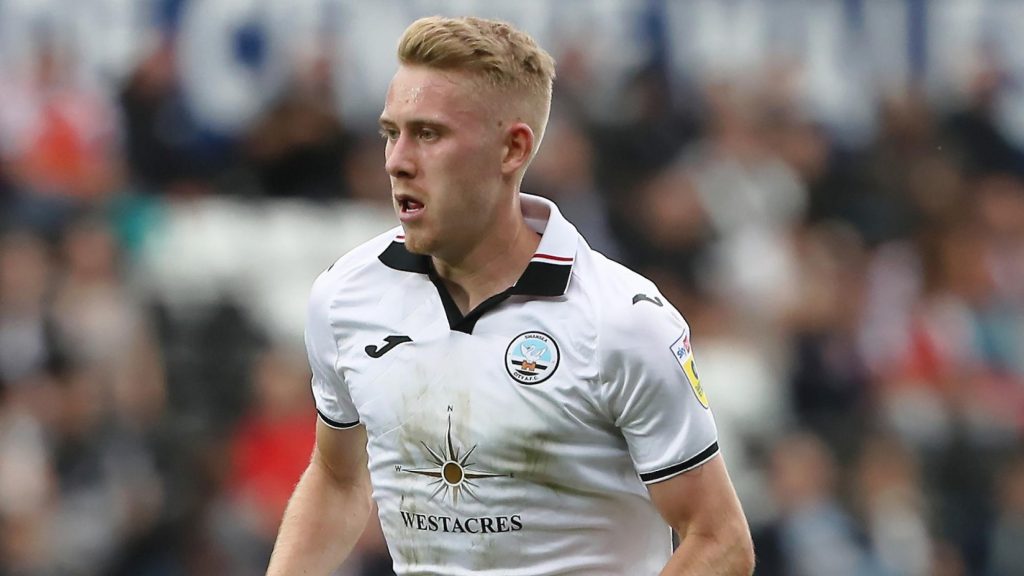
Credit: Swansea City FC
He has handled the step up from a League Two loan spell with Newport County to the Championship and it seems a matter of time until he appears for his country.
Along with Colwill or Harris, he is a player who could succeed Aaron Ramsey in that number-10 role.
How does Page turn the page on recent results?
Form going into the World Cup made for pretty grim reading. One win in eight laid the way for the worst run in Rob Page’s 31 matches in charge.
Although that one victory was against Ukraine, and without it Welsh fans wouldn’t have the privilege of feeling disappointed about a poor performance at the World Cup.
However, football is a fickle game, and some supporters are concerned about Page’s ability to turn it around.
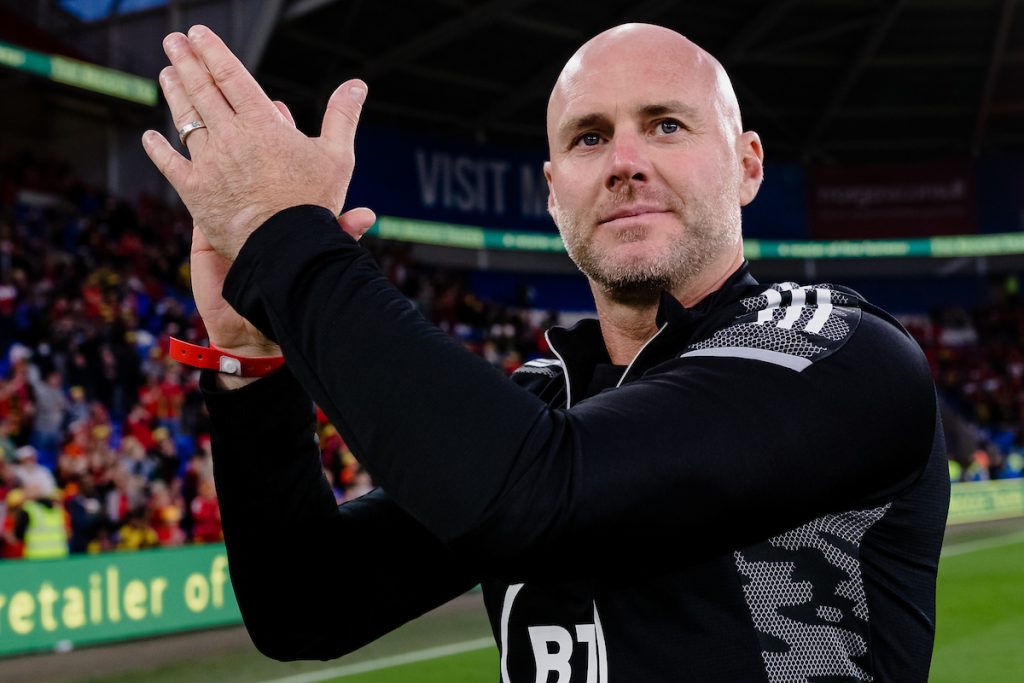
Credit: FAW
Questions have been raised over his decisions to stick with Aaron Ramsey in a deep role, alongside Ethan Ampadu, as well as playing the same 3-5-2 system versus Iran that left Wales so exposed in the first half against the US.
There is a notion that he may not know his best formation either, deploying multiple systems over the course of the last 11 matches.
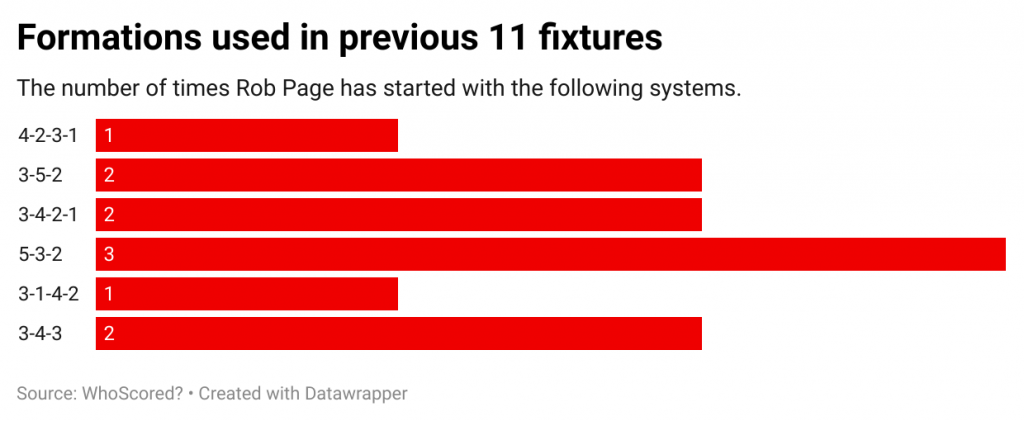
Page may need to find the same tactical consistency the team found under Chris Coleman and Ryan Giggs.
The departure of assistant coach Albert Stuivenberg in July 2021 also coincided with the decline in form.
The Dutchman was brought in by Ryan Giggs and has top-level pedigree.
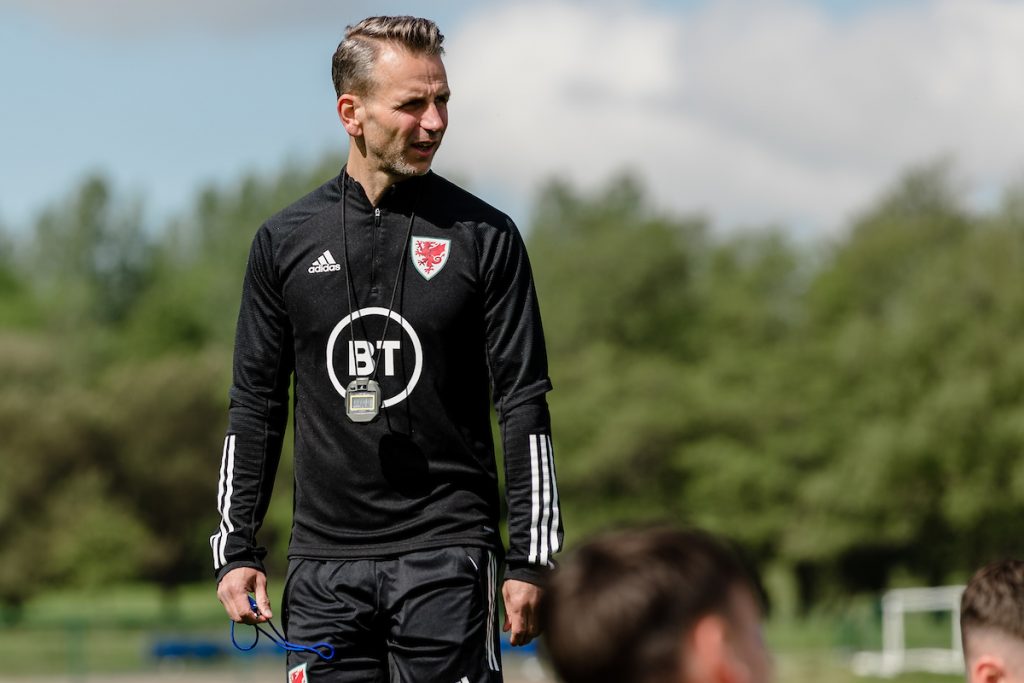
He’s worked with Louis van Gaal at Manchester United and the Netherlands national team, and is currently Mikel Arteta’s assistant at Premier League leaders Arsenal.
Since his departure, Rob Page has won five and lost seven in 19 games, compared to five wins and four losses in 12 with him.

Replacing him with former Sheffield United assistant Alan Knill, Page has added experience to his backroom, although it is not an appointment of the same calibre as his predecessor.
Perhaps Page might also need reinforcements on his staff, as well as on the pitch, if the squad are to put on a good showing in the next qualification campaign.


